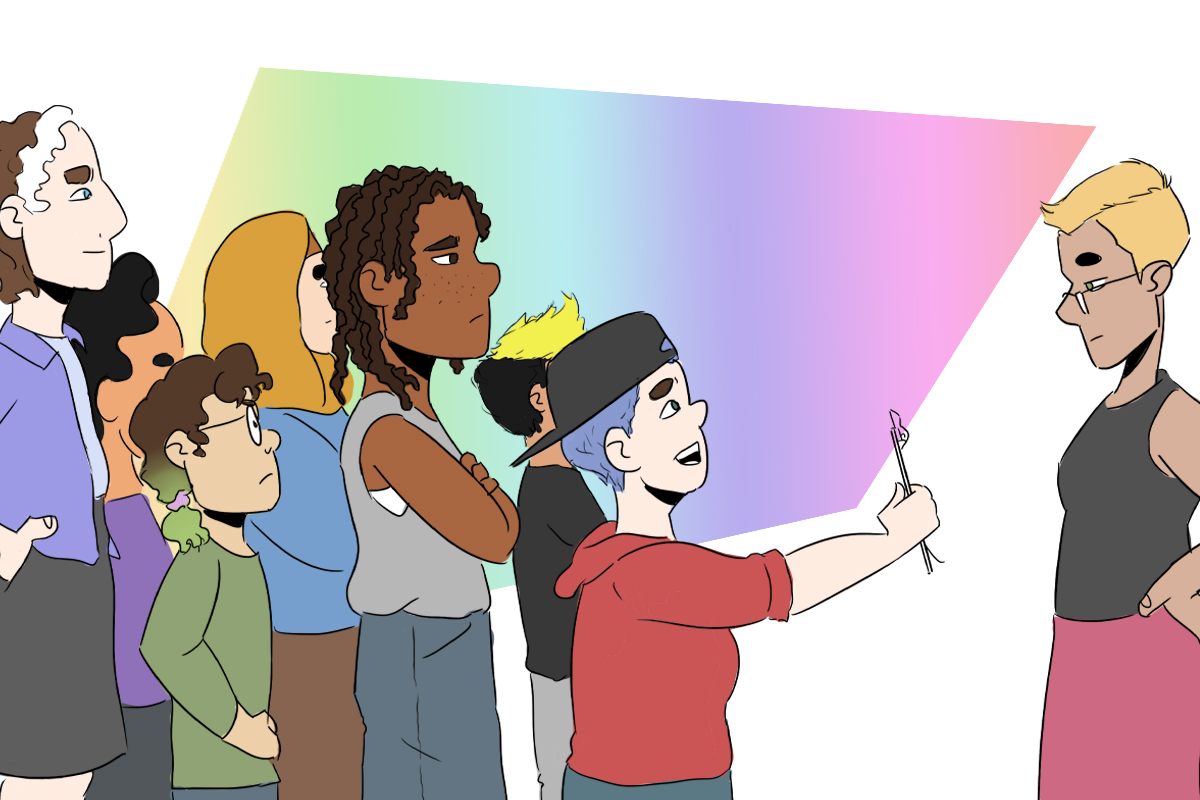
Overview of Relevant Legislation
Below is a brief overview of relevant New Zealand legislation
which contain provisions that provide protection to, or affirm
the rights of, queer, intersex and gender diverse people in Aotearoa.
Administration Act 1969 (as amended in 2001)
Provides for the rights and entitlements of married persons on a spouse's death where the spouse did not leave a will. The 2001 amendment extended the Act to persons in de facto relationships (whether same sex or opposite sex).
Civil Union Act 2004
Provides that two people, whether they are of different or the same sex, may enter into a civil union.
Crimes Act 1961
Provides for the creation of various criminal offences and the maximum sentence or other penalty in relation to these offences.
Education Act 1989
- Provides for a Code of Professional Responsibility; and
- Provides for the powers of the Disciplinary Tribunal when a report or complaint is referred to them by the Complaints Assessment Committee. These powers include: referring the teacher for a competency review; ordering that the teacher's authority to practice be revoked; or imposing a fine on the teacher.
Employment Relations Act 2000
- Provides employees with protection from unjustified actions (including unjustified dismissal) by their employer as well as discrimination on "prohibited grounds", including sex, marital status, family status and sexual orientation; and
- Provides employees with the ability to request flexible working arrangements.
Family Protection Amendment Act 2001
Provides same sex partners with rights and legal standing to make a claim against a deceased partner's estate.
Family Violence Act 2018
Provides protection to victims of domestic violence, including same sex partners. This includes protection from physical, sexual and psychological abuse.
Films Videos and Publications Classification Act 1993
Provides for certain offences relating to objectionable publications, which include certain images of children or young persons which are reasonably capable of being regarded as sexual in nature.
Harassment Act 1997
Provides any person with protection against harassment, which is defined as a pattern of behaviour of "specified acts" that is directed against another person on at least two separate occasions within a period of 12 months.
Harmful Digital Communications Act 2015
- Provides rules that apply to cyber bullying and users' online rights generally.
- Provides for a streamlined complaints process for people on the receiving end of harmful digital communications.
Human Rights Act 1993
Prohibits discrimination in certain circumstances based on "prohibited grounds", including sex, marital status, family status and sexual orientation. Gender is not included in this Act as a prohibited ground of discrimination. However, the Human Rights Commission's view is that "sex" includes gender. This is also supported by a 2006 opinion released by the Crown Law Office, which states "there is currently no reason to suppose that "sex discrimination" would be construed narrowly to deprive transgender people of protection under the HRA." The opinion is available here: https://www.beehive.govt.nz/sites/default/files/SG%20Opinion%202%20Aug%202006.pdf
Marriage Act 1955 (as amended in 2013)
Provides that any two people, regardless of their sex, sexual orientation or gender identity, are able to be married.
New Zealand Bill of Rights Act 1990
Applies to the actions of Government and provides that all people are entitled to freedom from discrimination on "prohibited grounds", including sex, marital status, family status and sexual orientation, as well as freedom of association.
Oranga Tamariki Act 1989 (Children’s and Young People’s Well-being Act 1989)
Promotes the well-being of children, young persons, and their families and family groups.
Privacy Act 1993
Provides all people with protection over the privacy of their personal information, including the use, disclosure, storage and access to such information.
Property (Relationships) Act 1976
Provides for the rights of married, de facto and civil union couples (including same sex couples) in relation to the division of relationship property.
Prostitution Reform Act 2003
Provides for certain offences relating to commercial sexual services, including causing, assisting or encouraging a person under 18 years of age to provide commercial sexual services, and receiving a payment (or other reward) that the person knows (or should have known) results from commercial sexual services provided by a person under 18 years of age.
